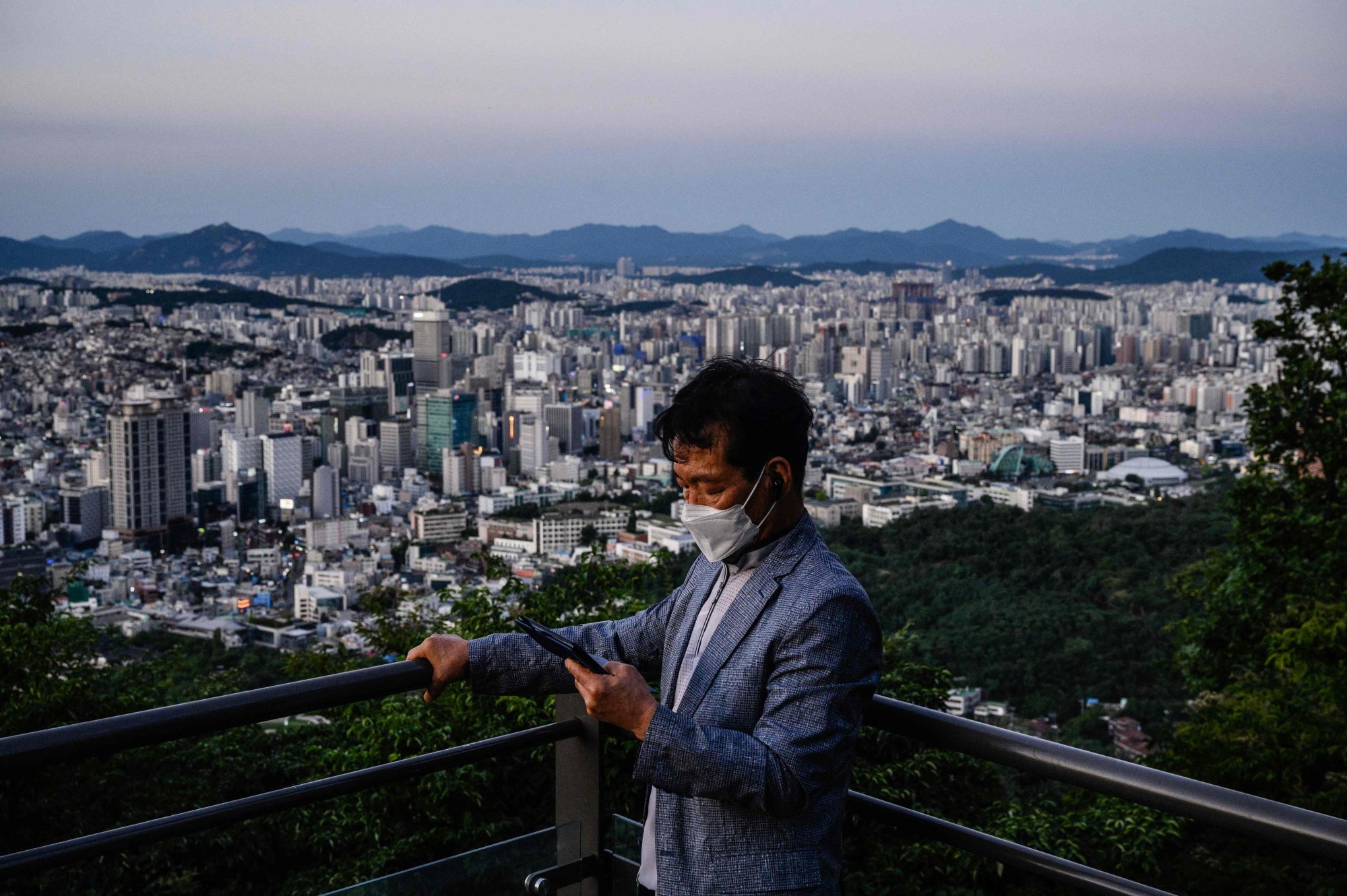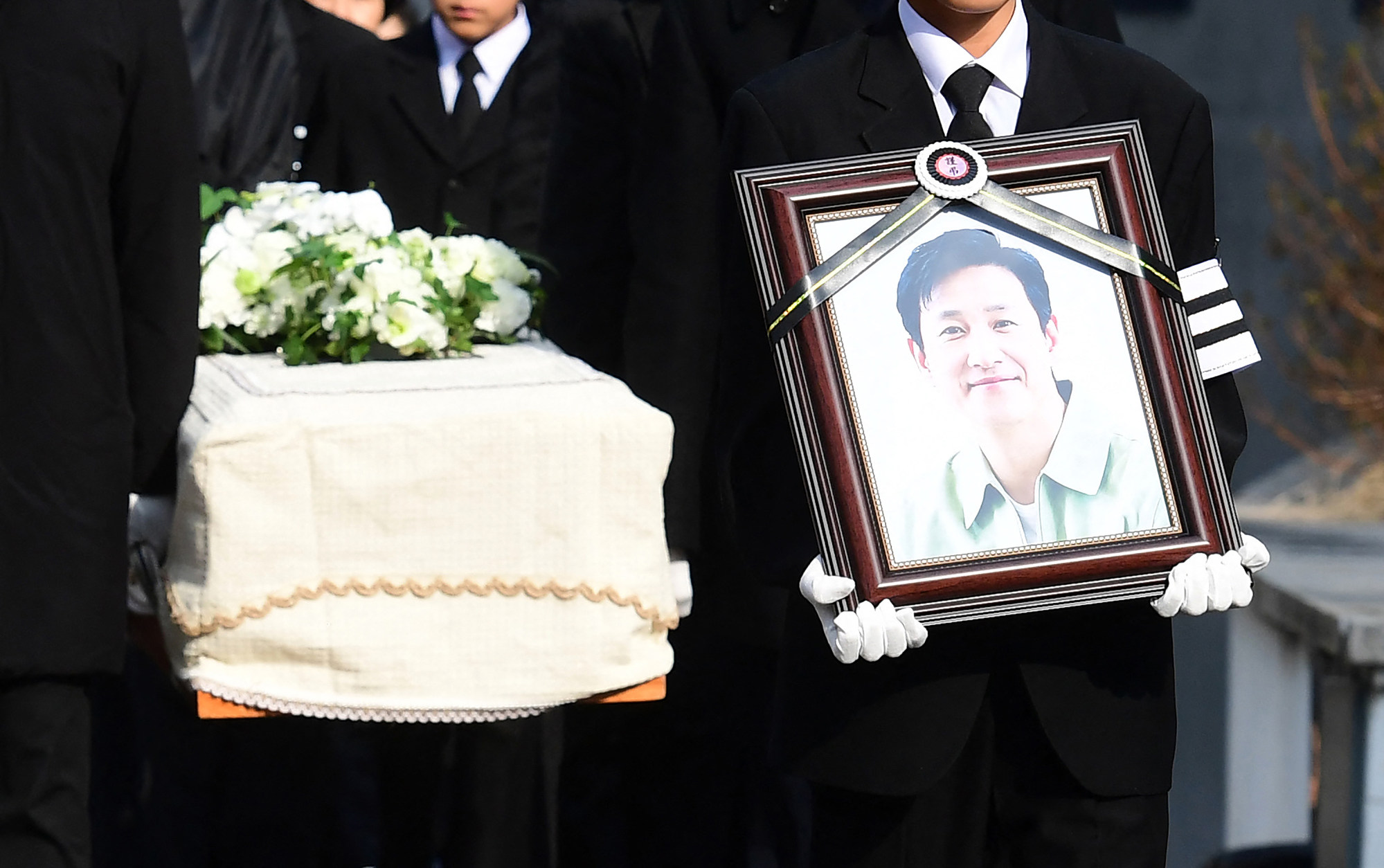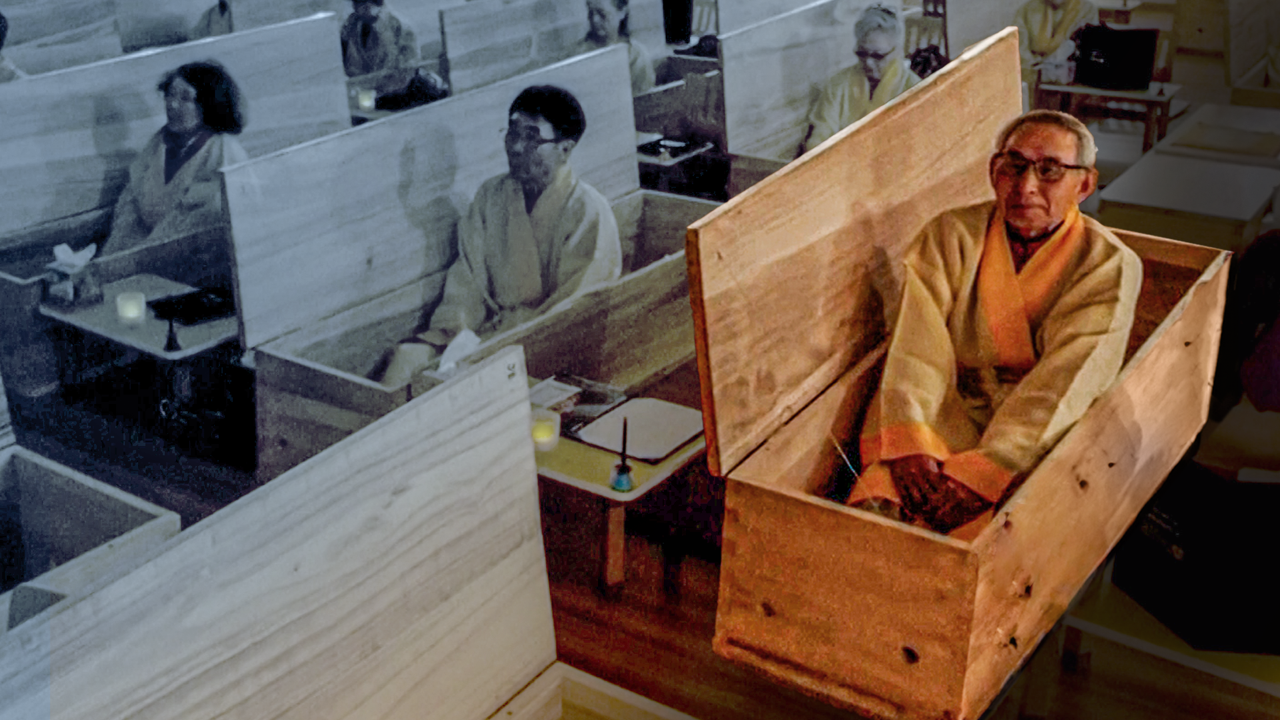
In South Korea, civil servant’s suicide spotlights privacy concerns amid ‘malicious’ cyberbullying culture
- Low-ranking government employees and celebrities are often easy prey for online bullies, analysts say, as bullies seek outlets for their ‘pent-up’ frustrations
- South Korea has a history of celebrities caving to online pressure and taking their own lives after facing distress from cyberbullying and rumours
The apparent suicide of a South Korean government official has underscored a pressing need in the country for stricter internet regulations and heightened public awareness in dealing with pervasive cyberbullying, experts say.
In the nation’s latest case of cyberbullying, a government worker became the target of relentless online harassment linked to an emergency road repair project that had caused significant traffic disruption.
The victim, a civil servant in his mid-30s, was found dead on Tuesday inside a parked car in the western city of Gimpo, with evidence linking it to suicide, according to police.
Man who cyberbullied and sexually extorted Canadian teen has sentence cut
The deceased official, responsible for approving the pothole repairs, was reportedly subject to severe online trolling after his identity and office contact details were posted online.
“I want to strangle this official who is comfortably resting at home now”, an online user had posted. Another chimed in: “The official must be insane, blocking two lanes [of the three-lane road for pothole repair].”
Police administration professor Oh Yoon-sung at Soonchunhyang University said some government employees found it hard to sustain their superiors’ reproaches when faced with civic complaints.
“There are habitual complainers who abuse the citizen complaint system to raise issues with minor inconveniences that may occur while carrying out official projects and harass government employees they don’t like”, he told This Week in Asia.

Following his death, the operator of the online forum in which the comments had surfaced posted an apology for failing to prevent the disclosure of personal information and cyberbullying.
Gimpo city mayor Kim Byung-soo expressed shock and sorrow at the death, announcing a three-day mourning period for the official until Friday.
Although police had earlier reportedly said there was no causal evidence between the complaints and suicide, Kim vowed to take legal action against “malicious” online attacks.
Psychology professor Lim Myung-ho of Dankook University said low-ranking government employees and celebrities were often easy prey for online bullies.
“The ‘pent-up’ anger and frustrations accumulated during the pandemic and magnified by economic difficulties tend to find their outlets in the form of online community posts and comments on news portals”, Lim said.
He noted South Korea’s efficient digital connectivity and widespread social media networks provided fertile ground for online bullies hiding behind online anonymity.
Parasite director, South Korean artists want probe into Lee Sun-kyun’s death
The comments section of celebrity accounts on social media such as Instagram and KakaoTalk are often also flooded with harsh words from haters.
“In Korea, online voyeurism is widespread as many online community participants are eager to peep into celebrities’ and someone else’s private life and share their findings to grab attention”, Professor Lim said.
“The country’s public awareness about rights to privacy is relatively low”, he warned.
Online opinions tend to be polarised and dominated by extreme views, with most moderates keeping silent, Lim said. “The silent majority needs to participate actively in online exchanges, calling out trolls over their potential breach of privacy and libelling.”

Lee reportedly complained of severe mental distress, especially after some media outlets and YouTube channels released private phone call transcripts containing his personal details unrelated to the drug abuse allegations.
Celebrities are often more susceptible to witch hunts, said Kwak Keum-ju, a psychology professor at Seoul National University, who added that when faced with such harassment, stars might feel “as if their entire life was being denied”.
South Korea has a troubling history of celebrities caving to online pressure and taking their own lives after facing distress from cyberbullying and rumours.
In October 2008, actress Choi Jin-sil committed suicide after complaining about malicious allegations of her debts following a divorce from baseball player Cho Sung-min, who also subsequently committed suicide.
Choi’s death sparked a phenomenon known as the “werther effect”, with the number of suicides in the country almost doubling to 59 the following month.
After Sulli’s passing, the comment sections for sports and entertainment news on the country’s web portals, Naver and Daum, were closed.
But Korean cyberbullies have migrated to global social media platforms such as YouTube, Instagram, X and TikTok.
“This makes it harder for national investigative authorities to track down the people behind usernames,” lawyer Chong Kyong-sok told the Korea Times last month.
South Korea fines Google, Facebook owner Meta for privacy violations
In a landmark case in January this year, Chong helped K-pop star Jang Won-young of IVE girl group win 100 million won (US$75,400) in damages from a case against a controversial YouTuber famous for disseminating derogatory content about celebrities.
Chong obtained a US court order for Google to provide the channel owners’ name and address to pursue the civil lawsuit. But it was “not an easy task considering the time and cost” involved in pursuing legal remedies, he said.
Online trolling is punishable under South Korea’s 2021 anti-stalking law, with penalties of up to three years in prison and up to 30 million won (US$22,621) in fines, but offenders often get away with a slap on the wrist, according to Professor Oh of Soonchunhyang University.
“South Korea’s high rates of digital connectivity are cause for celebration, but the flip side is the widespread online abuse,” he said.
“Aside from legal overhauls to address this problem, it is necessary for the country to raise public awareness of the seriousness of this issue through education and campaigns.”


